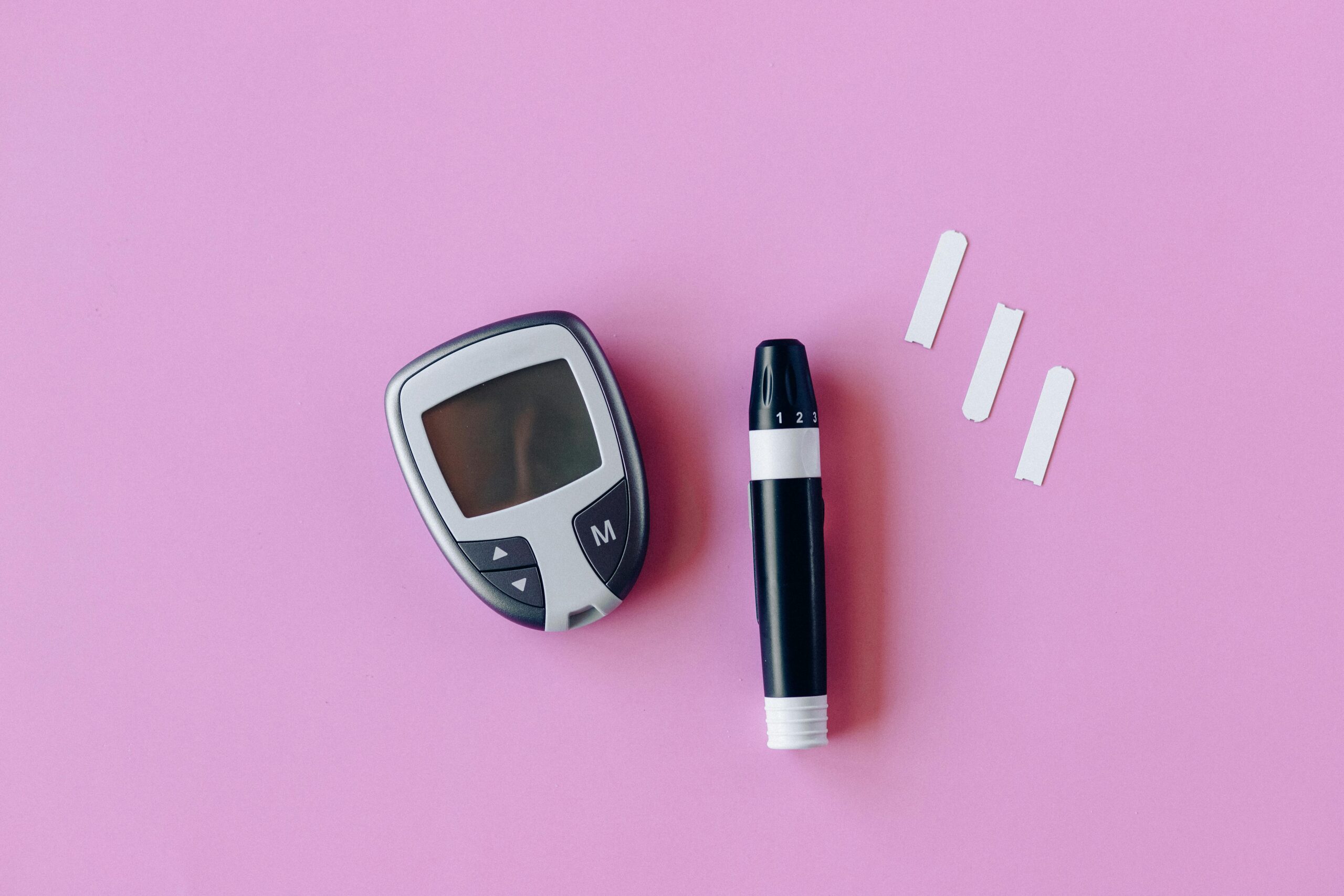Hypoglycaemia means low blood sugar levels in the body. When blood sugar falls below 3.0 mmol/L (55 mg/dl), it can cause symptoms that need quick attention. Low blood sugar is common among people with diabetes but can happen for other reasons too.
You can ask your own question to a licensed healthcare provider here for free. It may take up to 7 days to get an answer. If you want a consultation in minutes, book now with Hope+ our premium and best health consultation service in Uganda.
What Causes Low Blood Sugar in Uganda?
- Taking too much insulin or diabetes medication
- Drinking a lot of alcohol
- Severe infections or illnesses
- Liver problems
- Being born prematurely
- Not eating enough (starvation)
- Certain stomach surgeries that reduce stomach size
- Tumours in the pancreas that produce extra insulin
- Some medicines like quinine
- Hormone problems such as low cortisol or growth hormone
What Are the Signs and Symptoms?
Early signs include feeling hungry, dizzy, shaky, sweaty, nervous, and confused. As it gets worse, a person may sweat heavily, have a fast heartbeat, feel weak, experience seizures or convulsions, or even lose consciousness.
What Should You Do If You Suspect Low Blood Sugar?
If the person is awake and able to swallow, give them sugar or a sweet drink like glucose dissolved in water (2 to 4 teaspoons in 100–200 ml of water). Repeat after 15 minutes if symptoms do not improve.
If the person is unconscious, urgent medical care is needed. At the hospital, doctors will give sugar directly into the veins through an IV drip until the person wakes up. Children receive a lower dose through an IV drip.
What Happens Next?
If symptoms persist for more than 30 minutes, other causes of unconsciousness should be checked. Blood sugar levels will be monitored for several hours, especially in people taking diabetes medicines, to make sure they stay safe.
How Can Hypoglycaemia Be Prevented in Uganda?
People at risk, such as those with diabetes or who have had stomach surgery, should learn to recognise early symptoms. They should eat regular meals and always keep some form of sugar or glucose with them for emergencies. Diabetic patients are advised to carry an identification tag to alert others if they have an emergency.


